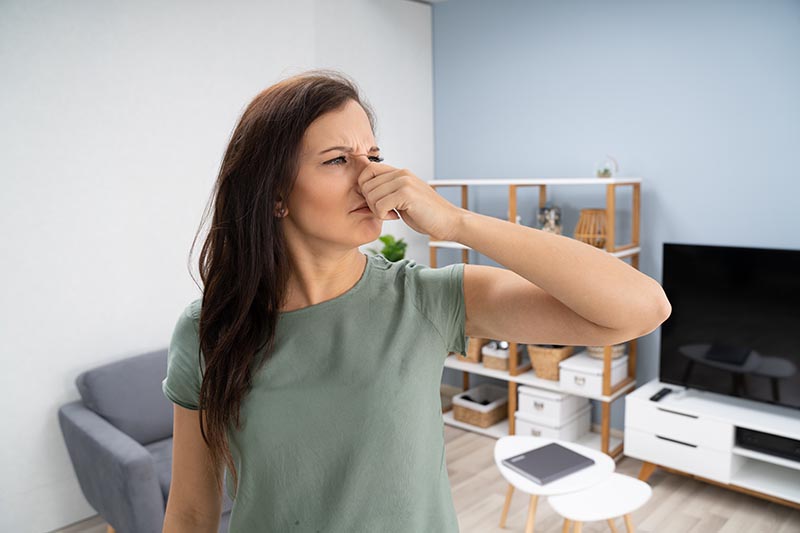The safety of the air we breathe significantly contributes to the quality of our health. Exposure to air pollutants can lead to health effects. As the air circulates, it carries pollutants into the building, compromising the air quality in the house. Using air filtration techniques eliminates contaminants in the air flowing indoors from outside.
A HEPA filter is one of the machines used to improve indoor air quality. Ideally, the filter traps harmful particles, including pollen, dust, toxic fumes, and insects, by forcing the air into the house through a fine mesh. The filter can remove 99.9 percent of the particles greater than 0.3 micrometers. By eliminating contaminants from the indoor air, HEPA filters reduce potential health effects for house occupants.
What is a HEPA Filter?
A High Efficiency Particulate Air (HEPA) Filter is a device that can remove the smallest particles whose diameters are greater than 0.3 micrometers. Furthermore, HEPA filters provide maximum resistance to pollutants when operating at a rated airflow capacity. The filter captures small particles because of its unique properties.
HEPA filters are fitted with several thick pleated blades that capture particulates in the indoor air. The pleats, which are randomly arranged, create a mat of fibers essential for catching the particles. As the air particles flow through the dense filters, they are intercepted and blocked from entering the house. Due to increased efficiency, HEPA filters remain the main component of HVAC systems because they are non-combustible.
Signs Your HEPA Filter Needs Changing
When the air quality reduces or begins to smell, the filters should be replaced. Other signs indicating that your HEPA filters should be replaced include increased electricity bills and dust accumulating in the air vents. Replacing the air filters is likely dependent on where they are used. The filters will likely last longer in residential areas than in commercial settings.
How Often Should You Change Your HEPA Filter?
While filters in residential areas should be replaced every two to three years, those used in commercial settings should be every six months. Filters fitted with pre-filters for capturing large particulates should be replaced every three to four months, and pre-carbon filters replaced every two to three years. Thus, filter replacement depends on the location and type of filter used.
Steps to Change a HEPA Filter
When changing the filters, it’s recommended that you hire a professional to inspect the entire system—a professional repairs all the damages. However, when you do it yourself, you may be unable to repair the damaged parts. When replacing the air filter, you should test if the new one is properly functioning. After testing, you should position the filters toward the arrow’s orientation to enable proper airflow.
Benefits of Regular HEPA Filter Replacement
Regular filter replacement is associated with specific benefits. For instance, it enables you to breathe easily at work and home. Additionally, it reduces the prevalence of airborne diseases. Lastly, maintenance costs will likely decrease when the filters are clean and efficient.
HEPA filters generally improve our air quality, protecting us from infections. Well-maintained filters reduce operation costs. Contact Ardmore Fresh Air for more details about HEPA filters.

